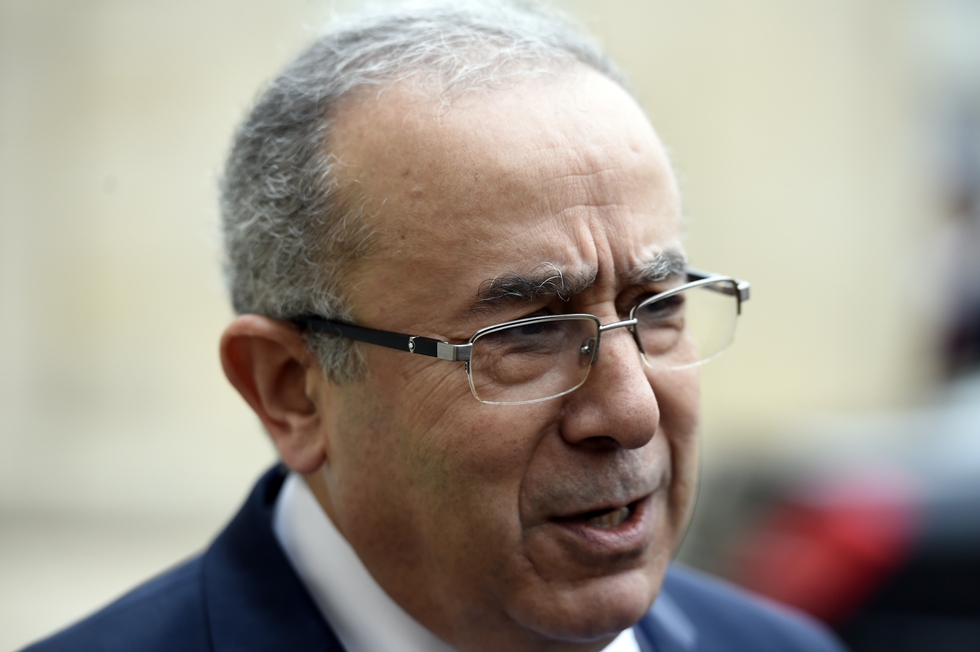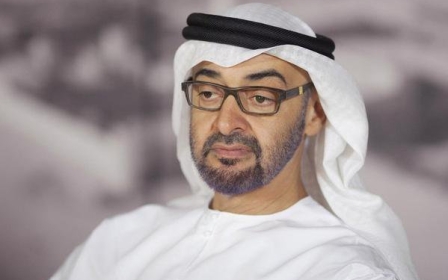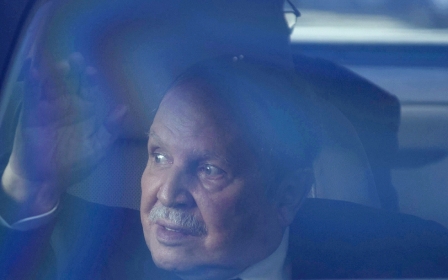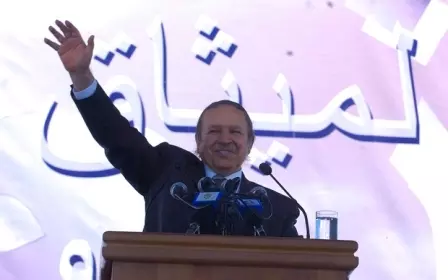Algeria warns against foreign intervention in North Africa

Algeria’s foreign minister has issued a warning about the dangers of foreign intervention in North Africa, ahead of a conference on Tuesday in Algiers to discuss the crisis in Libya.
Speaking to the Independent, Foreign Minister Ramtane Lamamra said foreign military intervention “can become part of the problem and not part of the solution”.
“It increases the likelihood of having more terrorist activity and of having more destabilisation in the countries that are opposed to foreign intervention,” he said in a rare public interview.
On Tuesday Algiers will host a conference to discuss Libya with regional foreign ministers in attendance including from Egypt, Tunisia, the Arab League, the EU, and newly appointed UN Libya envoy Martin Kobler.
Lamamra stressed that instability in countries neighbouring Algeria “is part of our own security”.
“Whenever you contribute to resolving these kinds of problems in your neighbour’s territory, you are protecting and enhancing your own national security,” he told the Independent.
Algeria has been staunchly against military intervention in Libya, with officials repeatedly warning that it will worsen an already complex situation.
“Foreign intervention may have prevented the Libyans themselves from going into the kind of solution that the African Union was proposing at the time, which was a peaceful transition,” Lamamra said, referencing the 2011 NATO intervention that helped Libyan rebel groups overthrow the late Muammar Gaddafi.
Libya has plunged into chaos since the 2011 revolution, with the resource-rich African nation mired in civil war and ridden by armed militias seeking control of the continent’s largest oil reserves.
The Islamic State group has risen out of Libya’s political vacuum to take control of the coastal city of Sirte and many regional militant attacks appear to have been plotted on Libyan territory, including the recent suicide bombing of a bus in Tunisia.
This has led authoritarian Algeria to become increasingly concerned about border security and less enamoured with interfering in the democratic transition of neighbouring countries, including Tunisia.
Middle East Eye reported on Monday that Algerian officials warned Tunisian counterparts in early November that the United Arab Emirates had approached them and proposed a collaboration on destabilising Tunisia.
Algeria, which recently replaced its head of intelligence, believes any attempt to destabilise Tunisia – or any other of their neighbours – will lead to a rise in terrorism and therefore negatively impact their domestic security.
Lamamra told the Independent that Algeria favours quiet mediation, rather than military intervention or public diplomacy.
“Algeria believes discretion is always key to the success of mediation,” he said, referring to an Algerian-brokered deal earlier this year in Mali.
Tuesday’s conference in Algiers will reinvigorate efforts to agree a peace deal in Libya aimed at forming a national unity government.
It comes after previous UN envoy Bernardino Leon left his post under a cloud of controversy, with allegations he was working for the UAE in backing one side in the Libyan civil war.
Lamamra encouraged new UN envoy Kobler to give the region a greater role in the Libyan peace process, saying Libya’s neighbours “are better placed to understand the culture, the habits, the traditions.”
New MEE newsletter: Jerusalem Dispatch
Sign up to get the latest insights and analysis on Israel-Palestine, alongside Turkey Unpacked and other MEE newsletters
Middle East Eye delivers independent and unrivalled coverage and analysis of the Middle East, North Africa and beyond. To learn more about republishing this content and the associated fees, please fill out this form. More about MEE can be found here.




